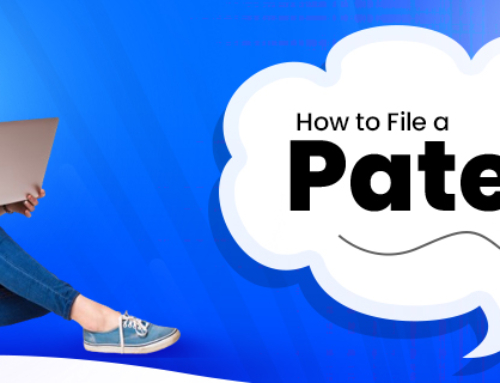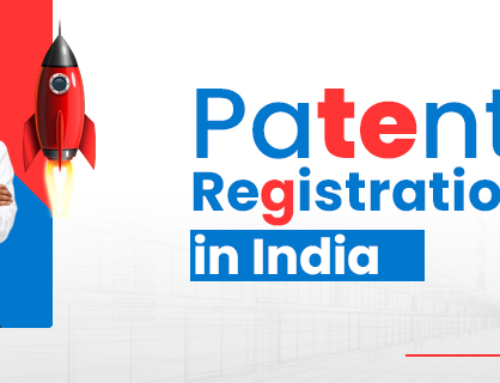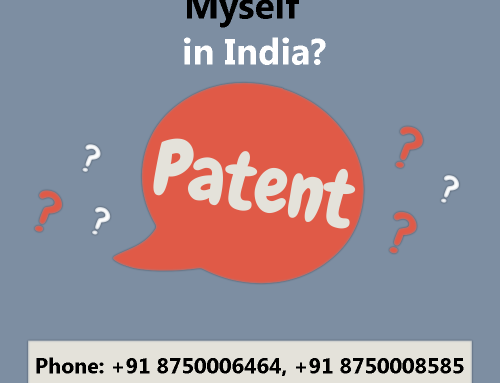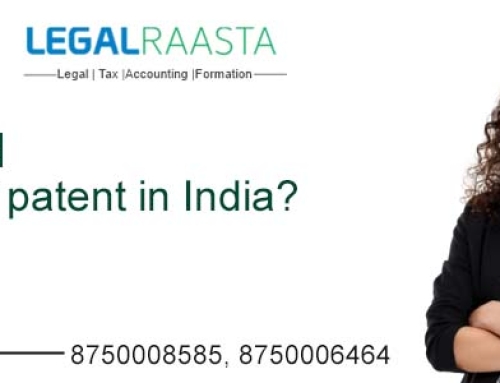A Permanent patent application or complete specification contains the full portrayal of the invention, the point by point strategy for completing it and the inventor’s claims to secure his/her exclusive rights over the patented item or innovation. It is an authoritative record that gives the privilege or power of a specific field of research, an invention or whatever other procedures to an individual applying for it. Consequently, the patent is the privilege allowed to the “proprietor” of the invention, and it can be anything extending from the product to the services it fulfills. A patent gives its proprietor the privilege to prevent others from making, utilizing, bringing in or offering the creation without the owner’s approval.
A permanent patent filing confirms a complete protection of the patented invention under a country’s legal system or under the legislation, it is licensed. A permanent patent protection means that the invention cannot be made, utilized, distributed or sold commercially without the consent of the owner of the patented product. The right evolved through the patent is enforced in a court, which in maximum systems embrace the right to stop the infringement of a patent. Conversely, a court can also pronounce a patent to be invalid upon an effective contest by a third party.
Benefits of a permanent patent:
- INVENTIVENESS TEST –
With restrictive rights, the proprietor of the patent controls the utilization of the creation for an entire 20 years. Patents can transform into businesses and slow down opponents for a considerable length of time to come.
- Capacity to sell –
The owner of the patent can transfer or sell his patent to someone else at his prudence.
- Right to license –
Section 70 of the Act deliberates inter alia the right of the proprietor or a grantee of a patent to grant the license(s) of the said patent. For example, a patentee of the invention of the new sound system has a right to license his right to another party to manufacture and trade the system in a specific territory.
- Right to assign –
The patentee has the right under section 70 of the Act to partially or fully assign his patent to the other individual(s). Such licensing and assignment must always be in writing in expressed agreements. Such agreement must be registered to evade litigation later.
- The right to exploit the patent –
Section 48 of The Patent Act, 1970 confers the right on the patentee or his assignee or his licensee or his agent to exploit the patent when such a right is exercised within the circumstances enforced by section 47 of the Act.
- More noteworthy CREDIBILITY –
A product that is patented is probably going to enhance brand recognition and conceivably empower the business to charge a premium. Owning the patent for a fruitful item or service would altogether expand the valuation of the business of patentee.
- The Right to surrender the patent –
The Act under section 63 provides that a patentee may, at any time by giving notice to the Controller, offer to surrender his patent. The Controller before accepting the offer of surrender publishes the offer in India to give an opportunity to the other parties having any interest, for instance, licensees, to oppose the offer of surrender.
- Right to sue for infringement –
The exclusive right conferred by a patent can be meaningful and last only when the Act gives a right to the patentee to take legal action for protection of his patent rights. The patentee, his assignee, licensee, or agent has the right to institute a civil suit in a court not lower than District Court in a case of infringement.
If you face any kind of difficulty to Register Patent in India, you can get in touch with experts at LegalRaasta.






